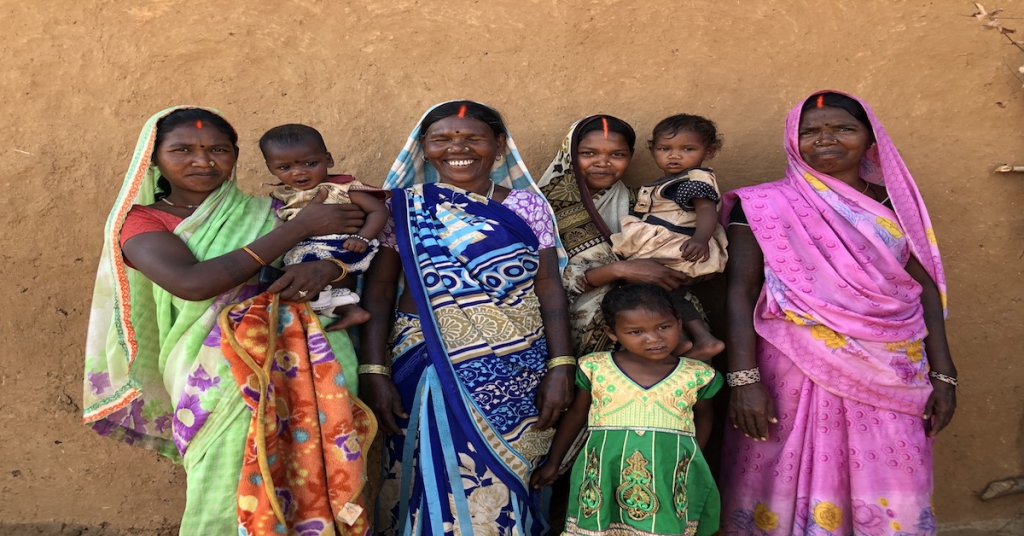The second edition in this series publication has been divided in nine sections:
Section-1 covers population and the demographic distribution of Scheduled Tribes as per Census 2011.
Section-2 enlists the status of education of the STs by looking at attainment and deprivation in areas of education of Scheduled Tribes.
Section-3 shows the health and family welfare statistics of the STs as per NFHS-3 (2005- 06), as NFHS-4 is in progress in 2014-15, highlighting various parameters like infant and child mortality, maternal health, etc.
Section-4 covers the health infrastructure available in the Tribal Areas, as on March 2012 and covers the numbers of Sub-Centers, PHCs and CHCs and also the quantitative data about availability of various health professionals in the tribal areas.
Section-5 showcases the employment-unemployment situations along with the migration of STs as per Census 2001, 2011, 5th Economic Census 2005, and the NSS Report Nos. 533 and 543 (64th and 66th Round 2009-10).
Section-6 provides information with respect to land, houses, house-hold amenities and the assets of Scheduled Tribes as per Census 2011.
Section-7 analyses poverty ratios and highlights the factors responsible for poverty in STs. Shifting from the conventional measurement of head count ratio using a single cut off line (poverty line), this section tries to analyses the relative poverty using consumer expenditure data of NSSO and seeks to determine a notional deprivation measures for the tribal population of the country.
Section-8 enlists data on the empowerment of the tribal women and also provides a view of the domestic violence affecting them.
Section-9 includes cases of violence against ST men and women and also major crimes committed against them, reported under Civil Rights Act and SC/ST (Prevention of Atrocities) Act.
The document can be accessed here:
CJP stands with the millions of Adivasis whose lives and livelihoods are threatened by the shocking order by the Supreme Court. We are working to ensure the forest rights of Adivasis in Sonbhadra, Uttar Pradesh, and to deepen our understanding of the Forest Rights Act and support Adivasis’ struggles across the country. Please support our efforts by donating here.

